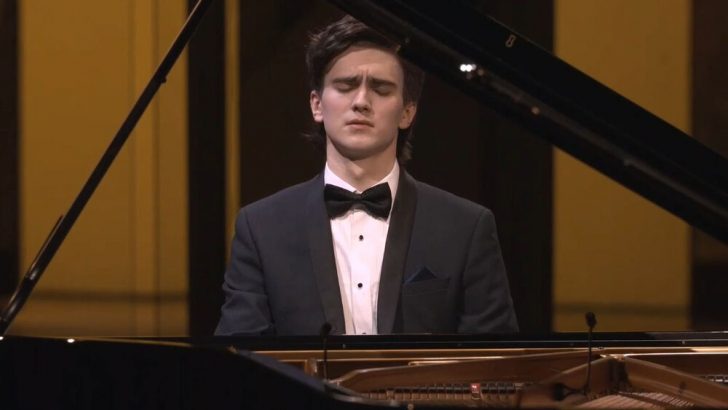I had intended writing about Irish National Opera’s new production of Bizet’s Carmen due at Dublin’s Bord Gáis Energy Theatre this week but, alas, Covid-19 stepped in and brought the curtain down.
It promised to be an interesting staging with Kerry’s Paula Murrihy as the sultry gypsy temptress of the title role and Kildare’s Celine Byrne as the demure, and somewhat awkward, country girl, Micaela. The two are, of course, in love with corporal of the dragoons, Don José.
Both singers were interviewed on RTÉ Radio 1’s Arena programme recently and it was intriguing to learn of a connection between the two opposite characters. Celine Byrne maintained both had a common bond – courage.
Due to future commitments of the artists involved it seems unlikely, but hopefully not impossible, that INO will be able to reschedule the four performances. It is unfortunate that, following several weeks of intense rehearsals, Carmen has had to be shelved.
However, let me go back to earlier this month and the latest RTÉ NSO concert at the National Concert Hall. It was an all-Russian affair directed by Moscow-born (1945) maestro Michail Jurowski. Twenty-one years old Daniel Kharitonov, who hails from Russia’s far eastern region, was the exceptional soloist in Rachmaninov’s 2nd Piano Concerto.
Musical family
Jurowski, by the way, comes from a highly-talented musical family. His father, Vladimir, was a composer and two of his own sons – Vladimir, who made his debut in Wexford in 1995, and Dmitri – are both conductors. The family left Russia in 1989 and settled in Germany.
Although not the first prizewinner of the 2015 Tchaikovsky International Piano Competition, Kharitonov emerged as one of its brightest talents.
Certainly his playing here was immense. He brought intoxicating flair to his performance of Rachmaninov’s familiar masterpiece with playing of solid weight, without ever being harsh or brash, and produced an array of delicate pianistic colours when the music demanded.
At one with conductor Jurowski, the NSO’s commitment was superb.
The rest of the programme had a legendary element to it that began with Sofia Gubaidulina’s attractive 1971 piece for small orchestra Fairytale Poem and ended with extracts from Prokofiev’s Cinderella, first performed at the Bolshoy in Moscow in November 1945.
Original score
The ballet’s première was not an entire success, partly due to conductor, Yuriy Fayer, altering Prokofiev’s orchestration on the grounds that it was too light for the Bolshoy. The following April another production at the Kirov in Leningrad restored Prokofiev’s original score and was enthusiastically received.
The ballet, more or less, follows the pantomime as we know it although, when Cinderella disappears from the Ball at midnight, the prince magically travels around the world before dawn to find her.
Prokofiev recorded his intentions: “The main thing I wanted to convey in the music was the poetic love of Cinderella and the Prince – the inception and flowering of the emotion, the obstacles in its path and the final fulfilment of the dream.”
Maestro Jurowski and the NSO expressed the 20-odd excerpts we heard with a marvellous blend of sensitivity and panache. I loved it.


 Daniel Kharitonov
Daniel Kharitonov 